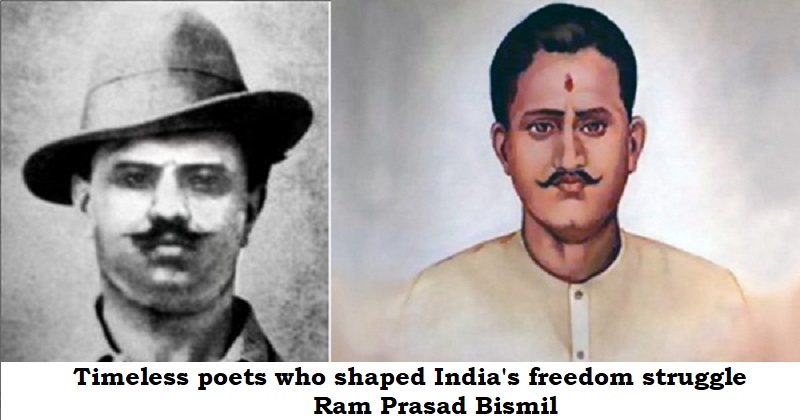
Ram Prasad Bismil, was an Indian poet, author, and revolutionary who battled against the British Raj by taking part in the Mainpuri Conspiracy in 1918 and the Kakori Conspiracy in 1925.
In India’s war for independence, Bismil was a prominent freedom fighter. The Indians celebrate his birthday on June 11 in honour of his role in bringing about India’s freedom. He gained notoriety for participating in the Kakori and Manipuri conspiracies in 1925 and 1918, respectively. One of the significant occasions at Jung-e-Azadi was the Kakori incident.
He was a well-known revolutionary. He was also a bilingual translator, and Manipuri’s Pratigya, one of his most well-known poems, rose to fame. The British hanged Bismil on December 19, 1927, for his involvement in revolt.
He was a liberation warrior as well as a patriotic poet who wrote under the pen names Ram, Agyat, and Bismil in Hindi and Urdu. However, he only became well-known under the last name ‘Bismil.’ He was a member of the Arya Samaj, and Swami Dayanand Saraswati’s book Satyarth Prakash served as his main source of inspiration.
In 1928, Pratap Press, Cawnpore released Ram Prasad Bismil’s autobiography under the cover name Kakori ke shaheed by Ganesh Shankar Vidyarthi. The Criminal Investigation Department of United Province in British India created a rough translation of this book. The translated book was distributed throughout the nation as a secret document for use by law enforcement.
During the British Raj in India, he transformed the poems Sarfaroshi Ki Tamanna, Man Ki Lahar, and Swadeshi Rang into an anthem of resistance. It was initially printed in the Delhi-based publication ‘Sabah.’

Post Your Comments